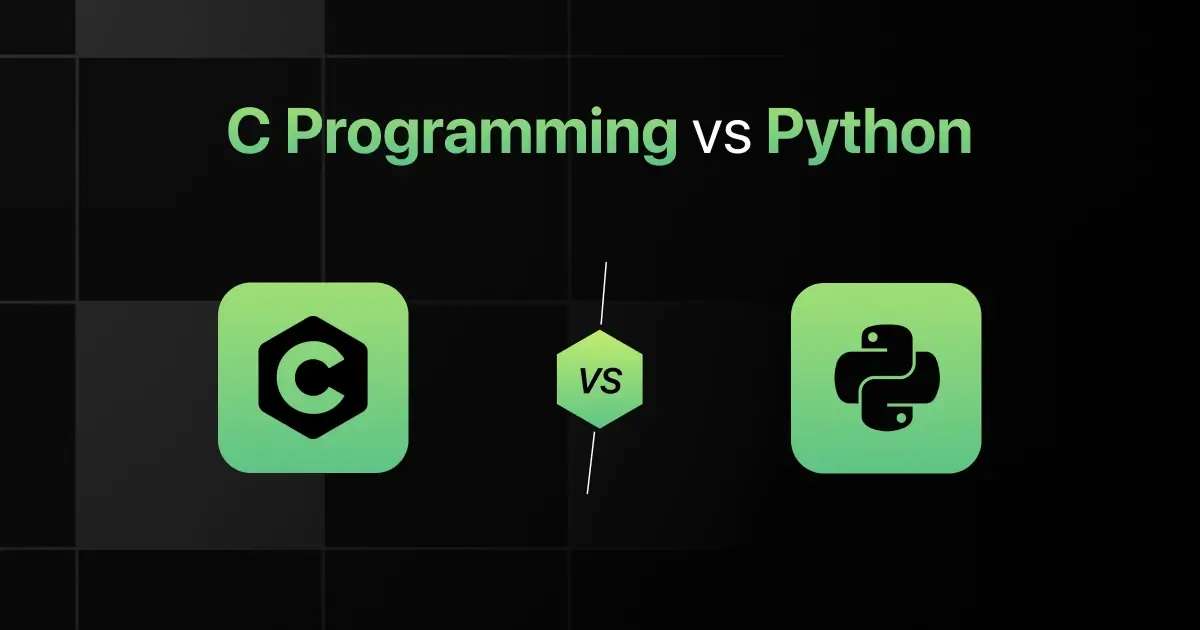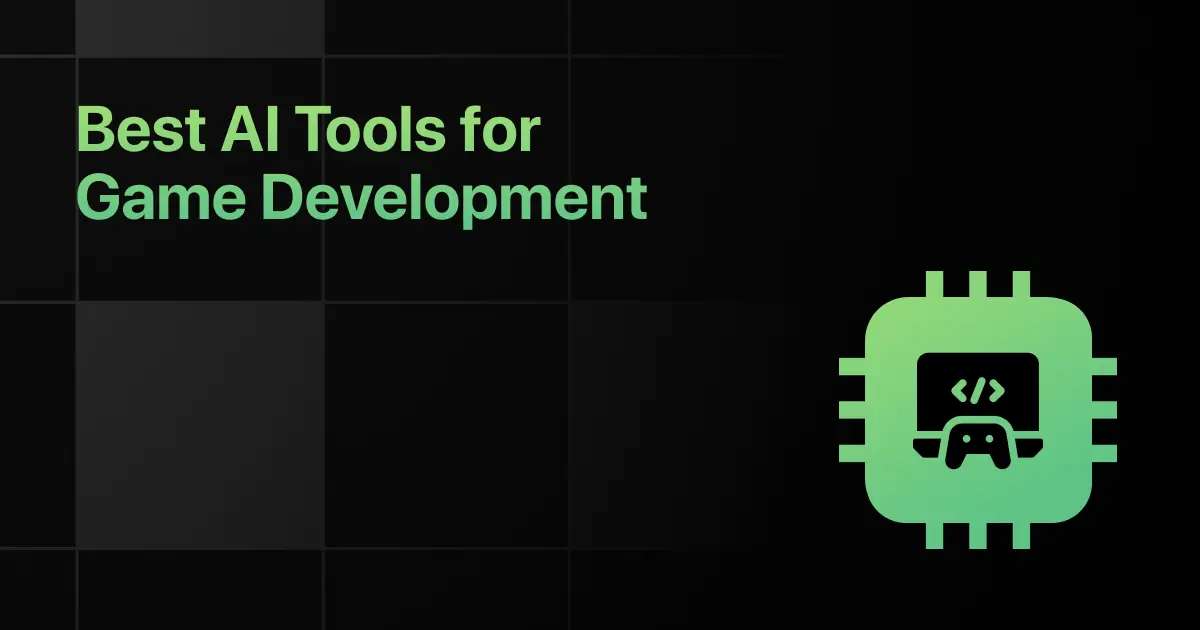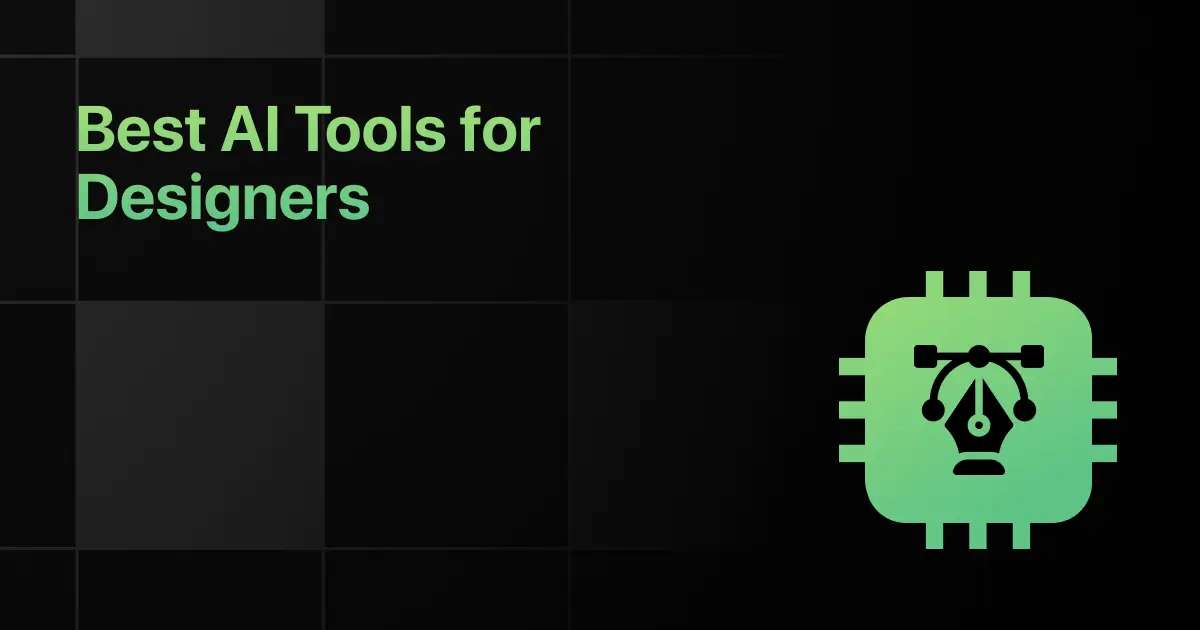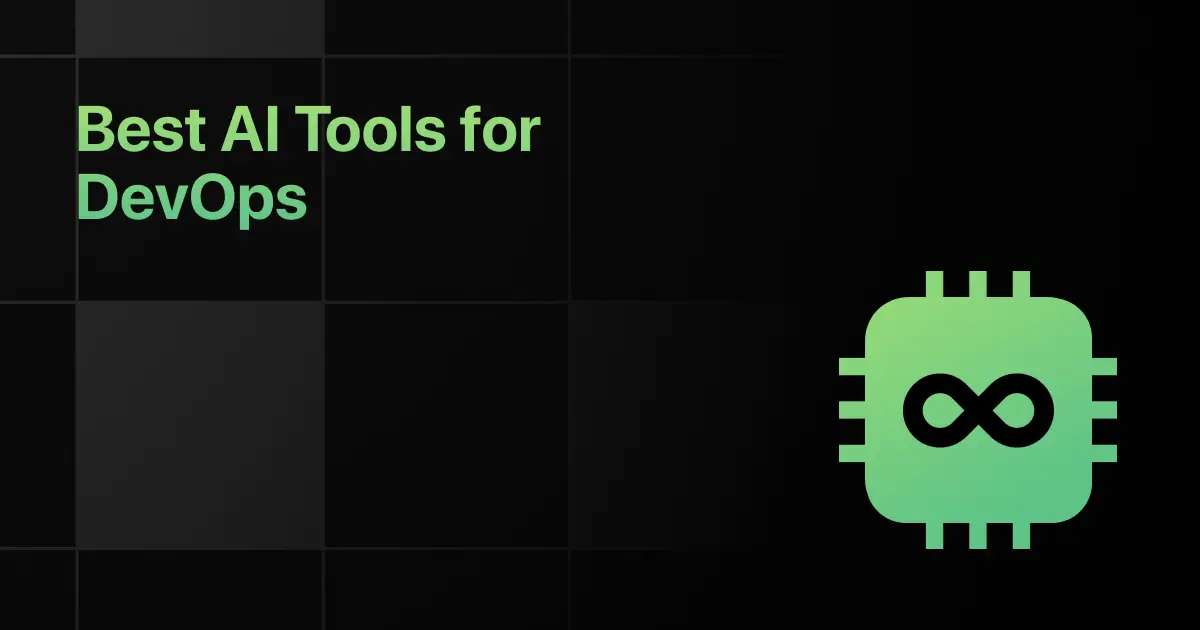C vs Python: Key Differences

When comparing C and Python, it’s important to look at what sets them apart. The discussion about C vs Python is common among programmers deciding which language to use for their projects.
The question of C vs Python which is better? or C vs Python which is best? depends on what you need for your specific project.
In this article, let’s know the differences between C vs Python.
C vs Python: Understanding the Key Differences
When comparing C and Python, it’s crucial to understand the key distinctions that define their usage and capabilities.
One of the most important differences is that C is a statically typed, low-level programming language ideal for system-level applications, whereas Python is a dynamically typed language primarily used for higher-level programming and rapid application development.
The following are other major differences between C and Python:
| S. No. | Parameters | C Programming | Python |
|---|---|---|---|
| 1 | Developed By | Dennis Ritchie | Guido van Rossum |
| 2 | Release Year | 1972 | 1991 |
| 3 | Paradigm | Procedural, structured | Object-oriented, imperative, functional |
| 4 | Syntax | Low-level, complex | High-level, easily readable |
| 5 | Performance | High performance, closer to hardware | Slower than C, high-level abstraction |
| 6 | Applications and Use Cases | System programming, embedded systems | Web development, data analysis, AI, scripting |
| 7 | Learning Curve | Steep, requires an understanding of hardware | Easier, more intuitive for beginners |
| 8 | Libraries and Frameworks | Standard libraries focused on algorithms | Extensive libraries and frameworks for various uses |
| 9 | Platform Independence | Portable across platforms with compilers | Highly portable, run anywhere Python is installed |
| 10 | Concurrency and Multithreading | Limited, manual management needed | Supports with multiple libraries like asyncio |
| 11 | Tooling and IDE Support | Supports various IDEs and tools | A rich ecosystem of IDEs and tools |
| 12 | Memory Management | Manual management | Automatic garbage collection |
| 13 | Error Handling | Requires careful handling | Exception handling is built into the language |
| 14 | Security | Prone to more low-level errors | Safer due to high-level operations |
| 15 | Scalability | Scalable in system-level applications | Scalable in high-level applications |
| 16 | Key Features | Close to system hardware, efficient | Easy to write and maintain, versatile |
| 17 | Integration with Other Technologies | Requires manual integration | Easily integrates with other languages and tools |
| 18 | Community and Support | Well-established but less dynamic | Very large, dynamic, and supportive community |
| 19 | Job Opportunities | Consistent demand in systems and hardware | Expanding rapidly across various tech fields |
| 20 | Future Prospects | Stable but less dynamic than newer languages | Continues to grow and adapt to tech trends |
C vs Python: Which One to Choose?
Choosing between C and Python can be challenging, but by understanding their distinct advantages, you can make an informed decision.
Choose C If:
- You are aiming for roles such as embedded systems engineer, system software developer, or hardware interface programmer, primarily in industries like telecommunications, embedded systems, and hardware.
- You require minimalistic tools that offer close-to-hardware functionalities, focusing more on direct system manipulation and performance.
- You prioritize a programming language that excels in execution speed, optimized memory usage, and overall system efficiency, especially in systems where resources are limited.
- You seek a language that ensures wide compatibility, from microcontrollers to desktop operating systems, due to its ability to interact directly with hardware and low-level system components.
- You work on projects that require high-performance computing, real-time systems, or the development of compilers and operating systems where direct hardware interaction is crucial.
Choose Python If:
- You are interested in roles such as data analyst, machine learning engineer, or software developer in industries like finance, healthcare, or technology due to Python’s strong presence in these fields.
- You want access to a vast range of libraries, frameworks, and tools that support web development, data analysis, artificial intelligence, and more.
- You need a language that balances reasonable execution speed with excellent memory management, especially useful in scripting, automation, and data analysis tasks.
- You prefer a programming environment that supports cross-platform compatibility, enabling development and deployment on multiple operating systems including Windows, macOS, and Linux.
- You are working on projects related to web development, artificial intelligence, scientific computing, or data visualization, as Python offers specialized libraries and frameworks for these applications.
Final Words
The main difference between C and Python lies in their design and use.
The purpose of understanding the C vs Python difference is to choose the right tool for the job, depending on factors like the project’s size and how easy it is to maintain.
Frequently Asked Questions
1. What are the key differences between C and Python?
The key differences between C and Python are:
- C is a statically typed, low-level language; Python is dynamically typed and high-level.
- C provides extensive control over system resources; Python abstracts many details for ease of use.
- C requires manual memory management; Python uses automatic garbage collection.
- C has a more complex syntax; Python is known for its readability.
2. Which is better C or Python? Which one to choose?
The choice between C and Python depends on specific project requirements. Choose C for system programming and embedded systems and choose Python for data analysis and web development.
3. Which is faster, C or Python?
C is generally faster than Python due to its lower-level optimizations and control over system resources.
4. What are the primary use cases of C and Python?
The primary use cases of C and Python are:
- C is used for system-level programming, embedded systems, and applications requiring high-performance
- Python is favored for web development, data analysis, automation, and AI.
5. Which one is easy to learn for Beginners, C or Python?
Python is easier to learn for beginners due to its simpler syntax and higher level of abstraction.
6. Can C and Python run on different platforms?
Yes. Both C and Python can run on different platforms including Windows, macOS, and Linux.
7. Can I develop mobile apps using C and Python?
Yes, mobile app development is possible with both. C can be used for performance-intensive parts, while Python can be used via frameworks like Kivy.
8. What are the job prospects for C developers versus Python developers?
Both have robust job prospects but, Python developers may find more opportunities in web development, data science, and AI, while C developers are in demand in areas like embedded systems and high-performance computing.
Explore More C Programming Resources
- C Programming Learning Websites
- C Programming Practice Websites
- C Programming YouTube Channels
- C Programming Project Ideas
- C Programming Apps
- C Programming IDEs
- C Programming MCQ
Explore More Python Resources
- Python Learning Websites
- Python Practicing Websites
- Python YouTube Channels
- Python Project Ideas
- Python Apps
- Python IDEs
- Python MCQ
Explore More Comparisons
Related Posts


Best AI Tools for Game Development [Free + Paid]
Ever feel stuck staring at things , not knowing what to do next? You're not alone. Game development can be …










